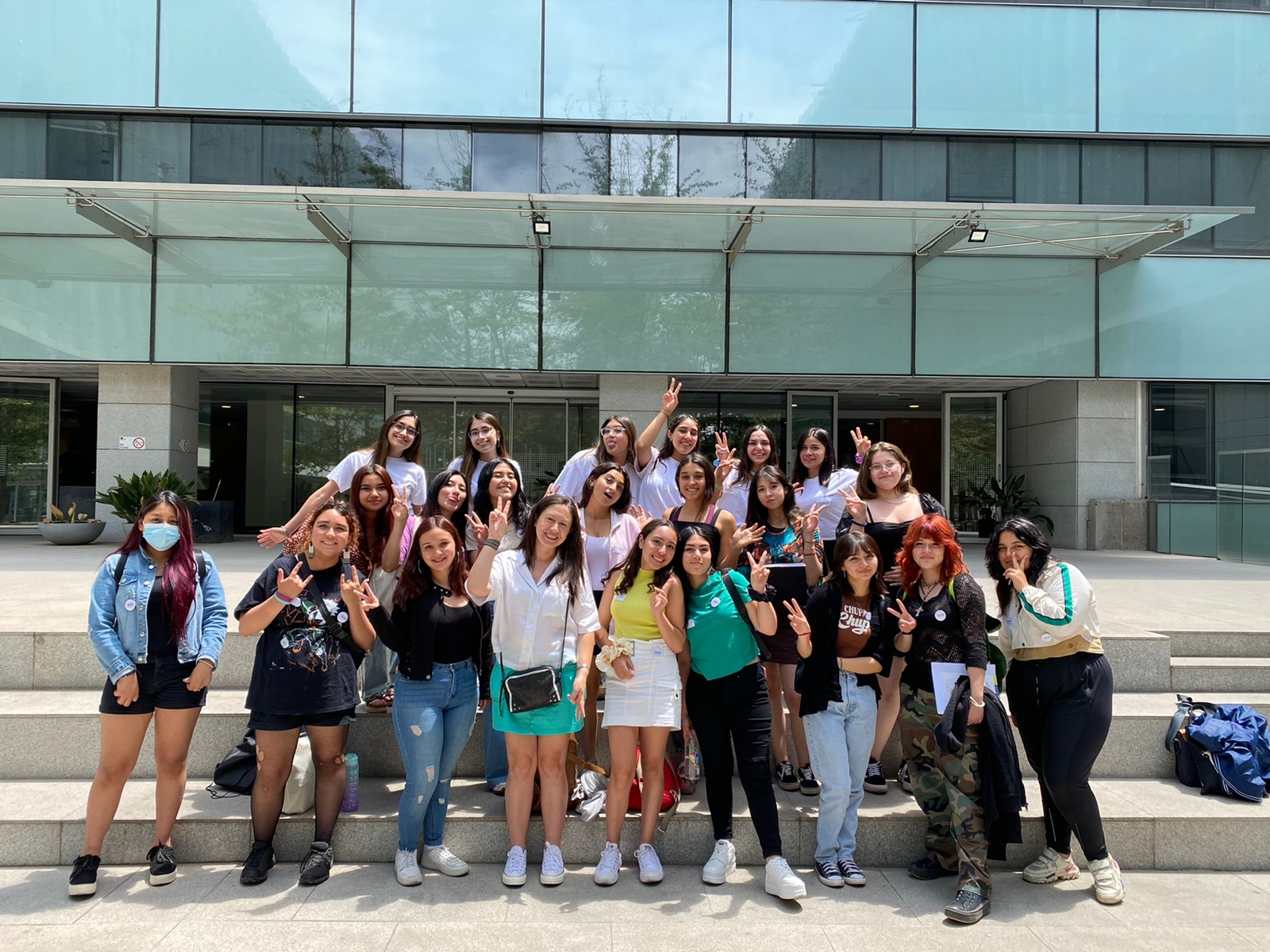
30 high school students graduated from the first version of the free course carried out in partnership with the Summer School of the University of Chile, which aims to reduce the gender gap in economic and financial matters.
The first Bootcamp -intensive course- on economics and finances aimed especially at high school students, organized by the Millennium Institute for Market Imperfections and Public Policies (MIPP) in partnership with the Summer School of the University of Chile, was successfully completed.
According to the results of the PISA 2018 test, 30% of Chilean students are below the basic level in economics and financial education content, and a lower percentage of women than men is located at the highest levels of knowledge (a 4% men versus 2% women). In this context, this first version was aimed at students from first to fourth grade, since there is greater effectiveness in educating about these contents if it begins at an earlier age.
“The objective is that, through practical teaching-learning methodologies, girls and adolescents can address economic and financial issues, and thus be able to apply them to the problems that arise every day. We want to contribute to reducing gender gaps in economic issues throughout the country, and for this reason, the bootcamp was totally free and open to regions,” says Andrea Canales, course coordinator, researcher at the MIPP Millennium Institute and academic at the University of O’Higgins.
The activity, led by Andrea Canales, had the participation of seven monitors from Grupo Economícate, which is made up of Business Engineering students with degrees in Economics from the same university. The objective of the group is to provide basic concepts of economics and financial education in a didactic way to children and adolescents.
Of the total number of participants, 10 were students from the regions of Coquimbo, O’Higgins, Valparaíso, Maule and Araucanía. Meanwhile, the remaining 20 students came from 14 communes of the Metropolitan Region: Colina, La Pintana, San Miguel, La Cisterna, Vitacura, Peñalolén, Las Condes, Macul, Renca, San Bernardo, Quinta Normal, Santiago, La Florida and Estación. Central.
The course was held in a hybrid format between January 3 and 10. The first four days were completely online and the rest included face-to-face sessions, in which workshops, dynamics, and games were held -such as the Financity board game- to apply the different economic concepts, ending with a visit to the Central Bank, to later hand out certificates of participation. Among the contents reviewed, topics such as GDP, inflation, savings, investment and responsible indebtedness, among others, stand out.
Both the MIPP and the University of Chile have initiatives on gender to promote the inclusion of women in the economy. In the case of the MIPP, there is the Gender, Economics and Public Policy Research Fund, aimed at postgraduate students with economics and public policy issues, the first version of which was carried out in 2022 benefiting two students, and the cycle of Economic Studies Talks with a Gender Approach. Meanwhile, the University of Chile has scholarships for outstanding female students for their Master’s in Applied Economics, an initiative supported by the MIPP.
MIPP Chile 2025